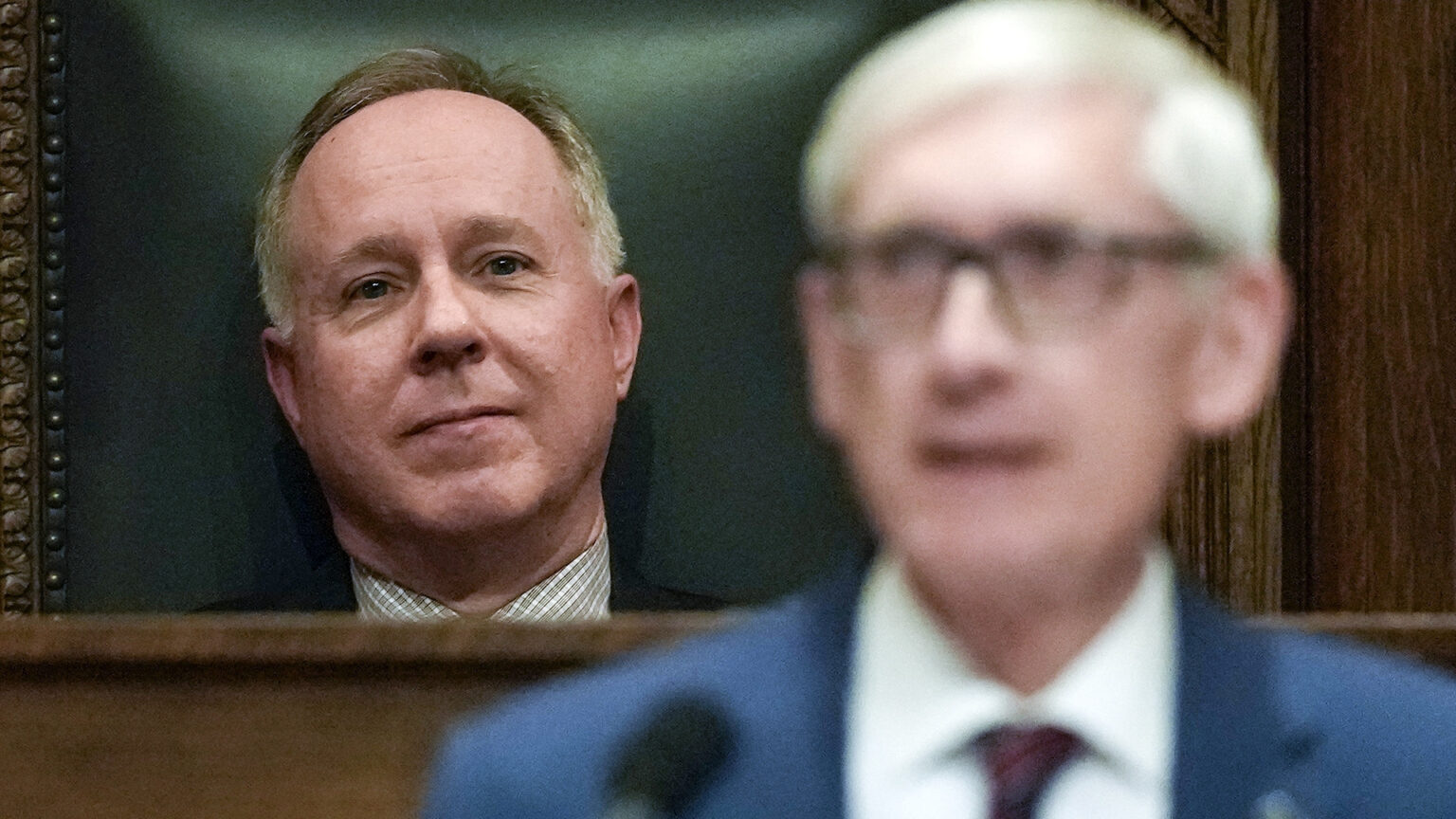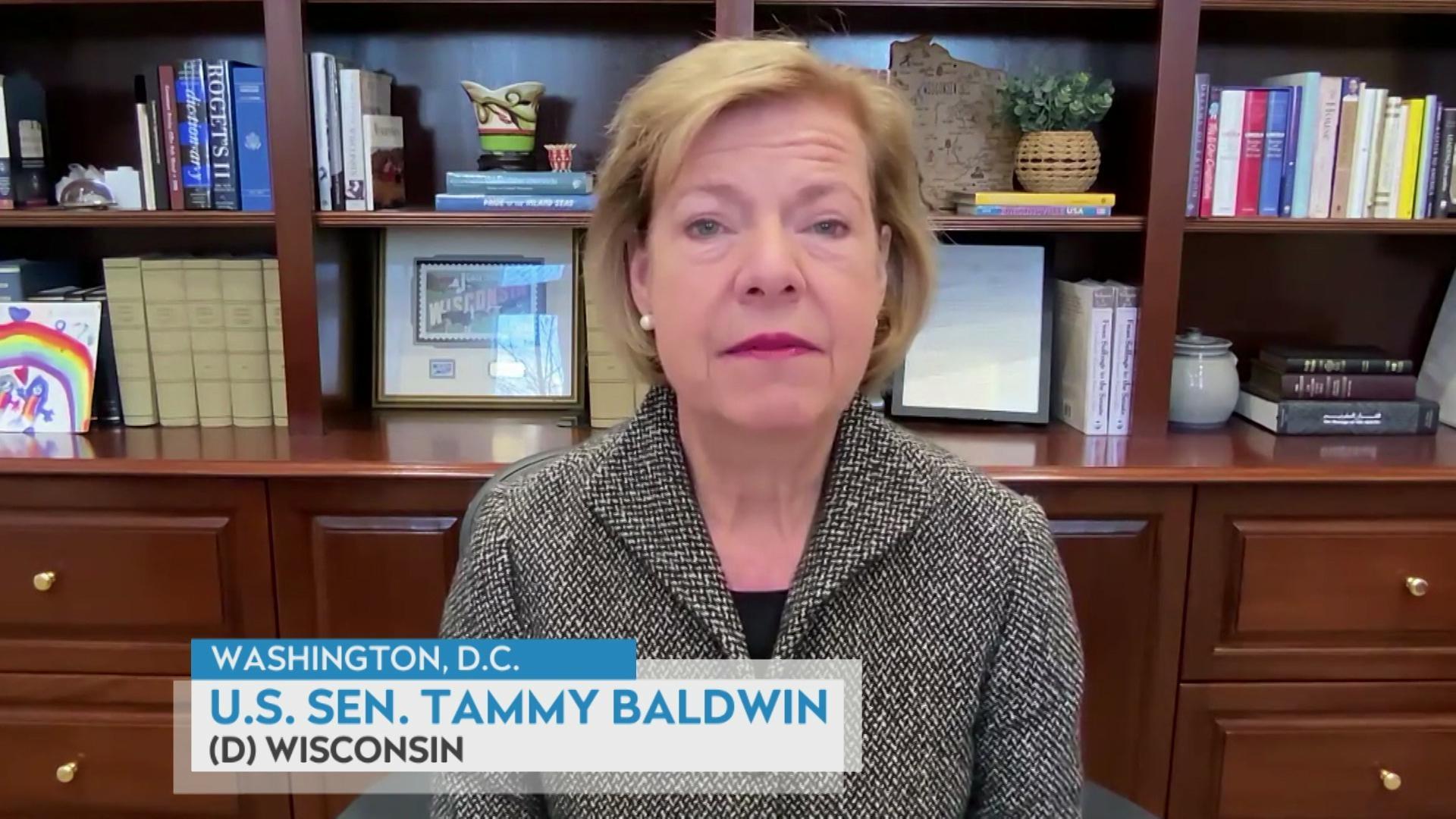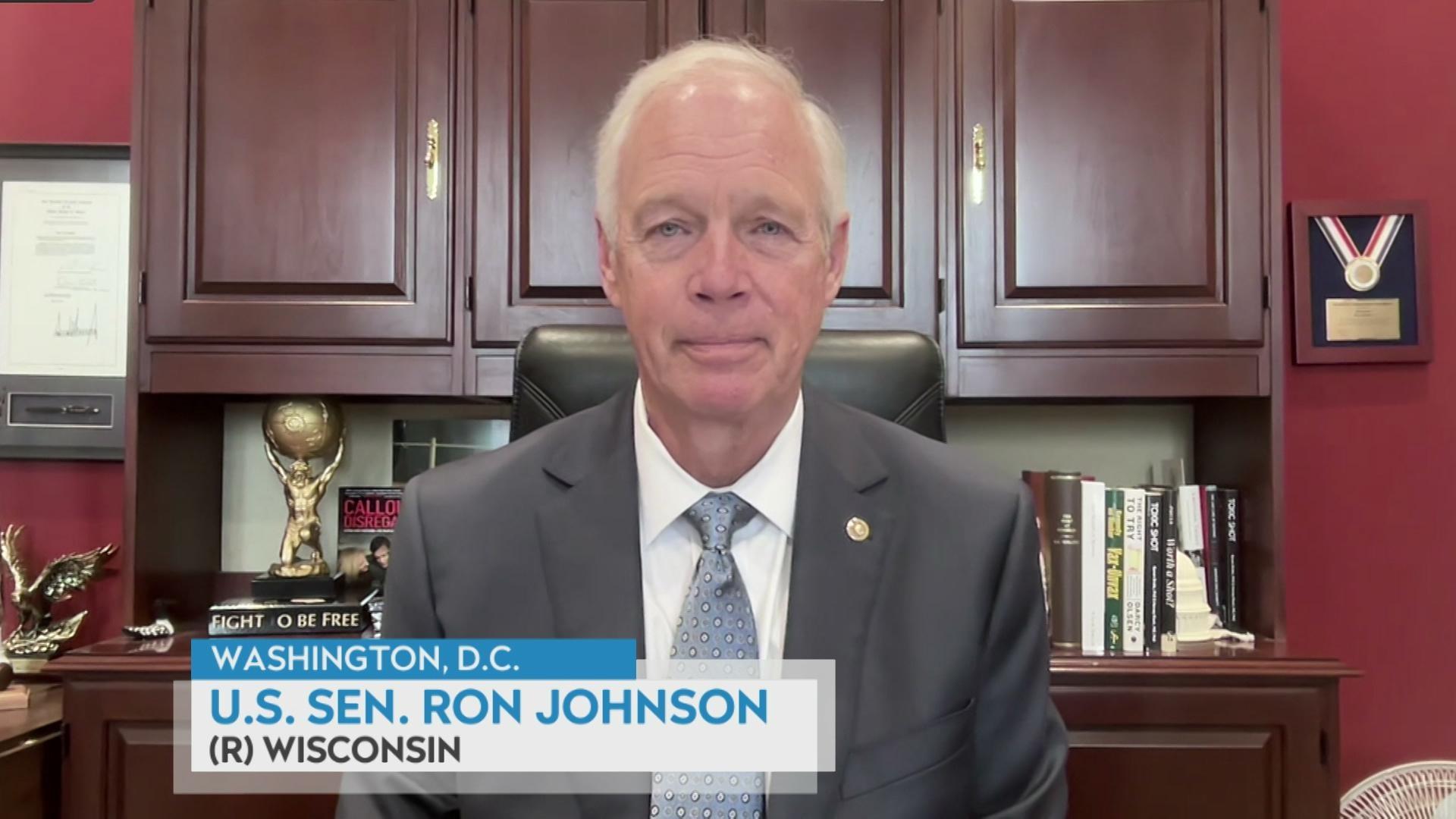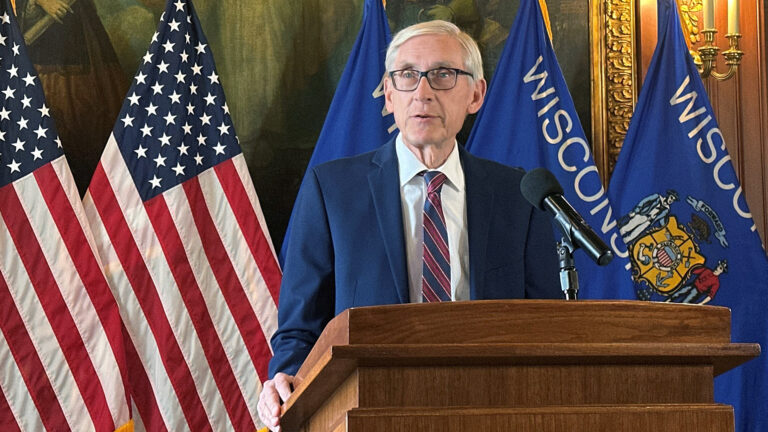A Republican plan to legalize medical marijuana in Wisconsin is dead
Republican Wisconsin Assembly Speaker Robin Vos said there will be a public hearing to build support for passage of a proposal to legalize medical marijuana in the state in the following legislative session, but it won’t occur until after the chamber has adjourned for 2024.
Associated Press
February 15, 2024

Assembly Speaker Robin Vos watches Wisconsin Gov. Tony Evers give his annual State of the State address, on Jan. 23, 2024, at the Wisconsin State Capitol in Madison. Vos said Feb. 15, that there will still be a public hearing to build support for passage of a Republican proposal to legalize medical marijuana in the following session, but it won't occur until after the Assembly has adjourned for 2024. (Credit: AP Photo / Morry Gash, File)

MADISON, Wis. (AP) — A Republican proposal to legalize medical marijuana in Wisconsin is dead.
Assembly Speaker Robin Vos said Feb. 15 that there will still be a public hearing to build support for passage in the following session, but it won’t occur until after the Assembly has adjourned for 2024.
The measure drew opposition for being too conservative in severely limiting who could have access to medical marijuana and how it would be distributed, while others faulted it for not going far enough. Senate Republicans objected to having state-run dispensaries, while Democrats pushed for full legalization.
“We see that the Senate wants to have a more liberal version than the one that we’re willing to pass,” Vos said at a news conference. The votes remain to pass the original Assembly version, Vos said, but it won’t come up for a vote before the Assembly ends its session for the year.
Democratic Gov. Tony Evers voiced support for legalizing medical marijuana as a step toward full legalization.
The highly restrictive bill would limit medical marijuana to severely ill people and allow for it to be dispensed at just five state-run locations. Smokable marijuana would not be allowed.
Wisconsin remains an outlier nationally. Thirty-eight states have legalized medical marijuana and 24 have legalized recreational marijuana. The push for legalization in Wisconsin has gained momentum as its neighbors have loosened their laws.
The proposal would limit the availability of marijuana to people diagnosed with certain diseases, including cancer, HIV or AIDS, glaucoma, multiple sclerosis, inflammatory bowel disease, severe muscle spasms, chronic pain or nausea, and those with a terminal illness and less than a year to live.
 Passport
Passport











Follow Us